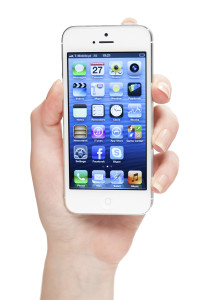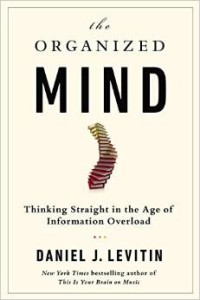
Spending time with our digital devices is an increasingly common part of life. But how long can you go without checking your phone for new emails or text messages? Do you lose track of time when playing video games? Do you feel compelled to check your social media first thing in the morning and then constantly throughout the day?
If so, you are not alone. A recent study at Stanford University found the following results:
- 13.7 percent (more than one out of eight respondents) found it hard to stay away from the Internet for several days at a time
- 12.4 percent stayed online longer than intended very often or often
- 12.3 percent had seen a need to cut back on Internet use at some point
- 8.7 percent attempted to conceal nonessential Internet use from family, friends and employers
- 8.2 percent used the Internet as a way to escape problems or relieve negative mood
- 5.9 percent felt their relationships suffered because of excessive Internet use.
These findings are pretty consistent with other compulsive behaviors such as binge eating, addictive gambling and compulsive shopping. What they all seem to have in common is how behaviors affect our emotions, self-image and brain chemistry.
Emotions and Compulsive Technology Usage
Trying to understand why we do what we do is a complex situations. But one reason we make choices to act certain ways is because of the results we get from the behaviors. For example, one individual I counsel has said that shopping, even for small items, makes her feel like she has more money and “can afford to shop” even if that reality is not true. Another client reports that playing video games results in feeling accomplished when he achieves certain levels of progress. We often make choices to look at Facebook because it provides a false but powerful feeling that we are not alone.
The Brain on your Mobile Phone
Technology also has a powerful impact on our brains. A key ingredient in creating the desire to check your social media is the brain chemical dopamine. Dopamine is a “feel good” chemical. It gets released during lots of pleasurable behaviors like eating, sex and laughter. The same chemical is also released when we experience new or novel things – such as scrolling through your Twitter feed or Facebook page. It can also happen each time we hear the chime of a new email or text.

Daniel Levitin, in his amazing book The Organized Mind; Thinking Straight in the Age of Information Overload, writes: “Text messages magically appear on the screen of your phone and demand immediate attention from you. Add to that social expectation that an unanswered text feels insulting to the sender, and you’ve got a recipe for addiction: You receive a text, and that activates your novelty centers. You respond and feel rewarded for having completed a task (even though that task was entirely unknown to you 15 seconds earlier). Each of those delivers a shot of dopamine as your limbic system cries out “More! More ! Give me More!” “
Getting Lost in Another World of TV
Finally, watching movies, TV shows or video after video on YouTube can create the sense of becoming another person, escaping the problems of your present reality or being swept up in a great adventure. While stories are great ways to learn about life, be inspired to take action or develop a better imagination, they are meant to move us to act in real life, not replace it. However, it is easy, especially with the advent of TV on demand or Netflix where entire seasons are available, to watch episode after episode of a compelling show like Breaking Bad or House of Cards and lose track of time until 3 am.
Counseling for Internet, Video Game and Social Media Addiction
If you feel your behaviors are out of control, causing lost time at work, interfering with your relationships or costing you money you can find help. In fact, there are now treatment centers for individuals who are struggling at severe levels. If you are living in the St. Louis area and would like to talk to someone about whether you may be addicted to technology, please contact me at travis@wtravisstewart.com.

